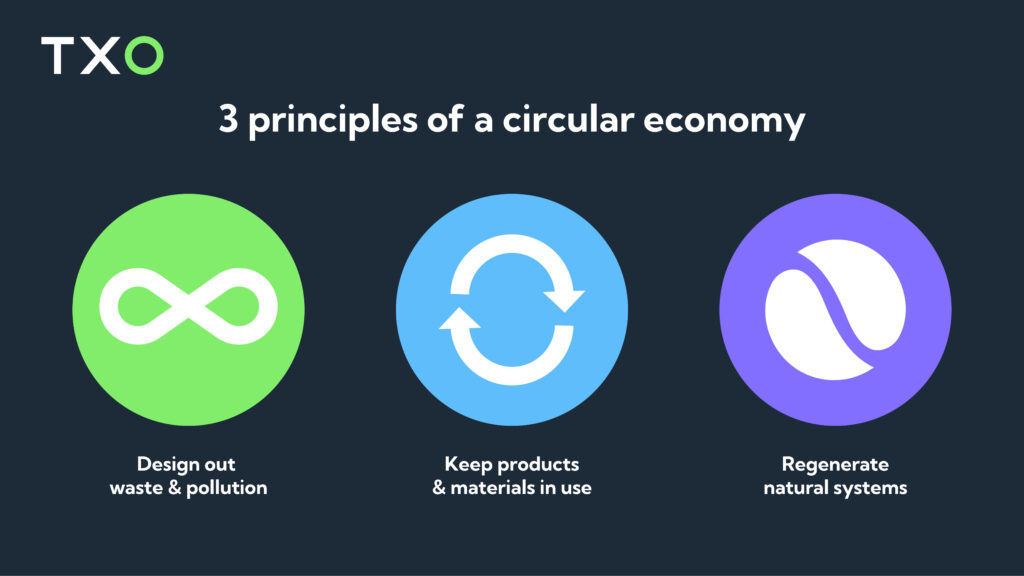
Planning your copper-to-fibre transition? Here’s how to do it sustainably
As telecom operators across the globe accelerate their transition from copper to fibre, the industry faces a critical question: how can we scale fibre networks in a way that’s both cost-effective and sustainable? TXO’s CTO, John Teasdale, joined a panel of global experts in a World Broadband Association (WBBA) webinar to address this challenge.



